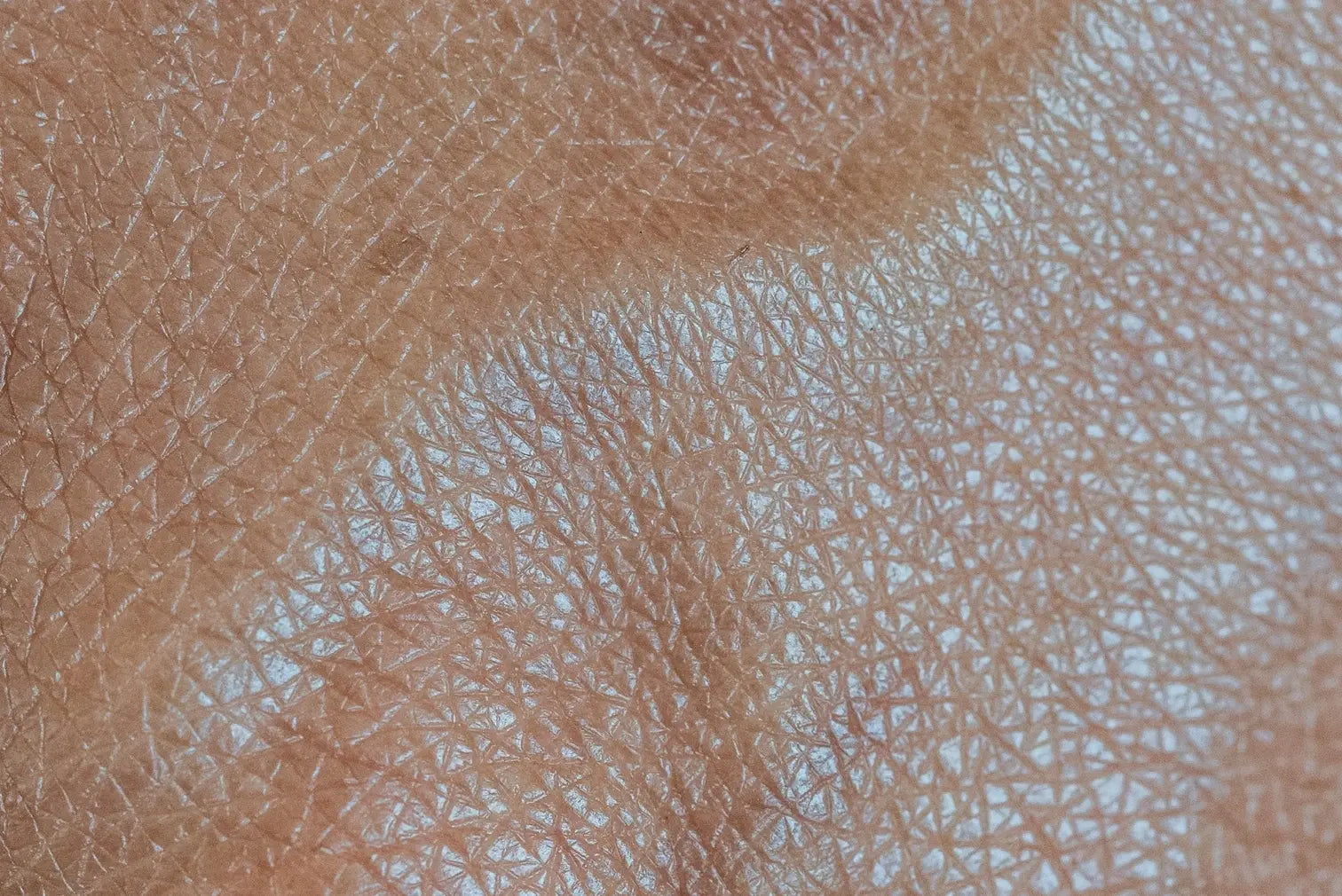The Aging Process and Skin: The Impact of Alcohol
In addition to collagen’s effect on the visible signs of aging, it also impairs the function of your skin’s barrier by blocking the absorption of important nutrients. How efficiently your skin can combat environmental aggressors is highly dependent on the body’s resources to repair damaged tissue and maintain the skin barrier. So, drinking alcohol impairs the absorption of proteins (which provide the necessary amino acids for collagen synthesis), and the skin appears more aged and becomes less healthy overall.3
Alcohol is also a diuretic, which means it encourages the body to lose more water than it takes in. Reducing the skin's natural moisture can lead to dry skin and a loss of plumpness and elasticity – making your skin look dull, dry, and less youthful. Proper hydration is critical for collagen synthesis, so prolonged dehydration may also down-regulate the overall production of collagen in the body, contributing to the further development of wrinkles and fine lines.4
And then there's oxidative stress. This occurs when there’s an imbalance between free radicals and antioxidants in the body. The metabolism of alcohol in the liver increases the production of free radicals, which can damage skin cells, accelerate the aging process, and lead to a range of skin issues from wrinkles and skin conditions like eczema to skin cancer.5,6
One question often arises: "Does alcohol cause acne?"While direct connections between alcohol and acne can be complex due to the many ways alcohol consumption affects the body, there's growing interest in understanding how these indirect effects may contribute to acne, inflammation, and other skin conditions.

Lifestyle Choices for Skin Longevity: Practical Tips
-
Moderate alcohol consumption:
Limiting alcohol intake is crucial for skin health. Choose options less likely to cause dehydration and oxidative stress, such as red wine in moderation.7
- Hydration: Since alcohol is a diuretic, be sure to have an equal amount of water when drinking alcohol. Water can help hydrate the skin from the inside out, improving its appearance and elasticity.
- Nutrient-rich diet: Ensure your diet is rich in vitamins and antioxidants to support skin health and counteract nutritional deficiencies. Opt for foods such as berries, nuts, spinach, and dark chocolate to help neutralize free radicals and reduce inflammation.
-
Sun protection:
Use a broad spectrum non-nano mineral sunscreen like OS-01 FACE SPF to help prevent exposure to harmful ultraviolet (UV) rays, which account for 80-90% of visible aging by breaking down collagen and elastin fibers in the skin.8
Nurturing Skin Resilience
Navigating
the effects of alcohol on the skin requires a strategic approach. And that’s where OneSkin can help. By targeting cellular senescence, a main driver of biological aging, OS-01 FACE reduces the accumulation of damaged, aging cells to keep skin healthy and functioning optimally.*9 Scientifically proven to reverse skin’s biological age, our proprietary OS-01 peptide improves key biomarkers associated with collagen and hyaluronic acid production,9 which can bolster your skin's natural ability to remain strong and hydrated.
In conclusion, while alcohol consumption can significantly impact skin health and accelerate the aging process, understanding these effects and taking proactive steps can help mitigate the damage. By combining scientific insight into skin aging with innovative skincare solutions, you can enjoy a balanced lifestyle without compromising your skin's health and longevity.
- Impact on metabolism and skin aging: Alcohol is metabolized in the liver, producing reactive oxygen species (ROS) that contribute to oxidative stress, accelerating skin aging by damaging collagen and elastin fibers.
- Dehydration: As a diuretic, alcohol causes the body to lose more water than it takes in, reducing the skin's natural moisture, which affects plumpness and elasticity, and can down-regulate collagen production.
- Collagen Degradation: By impairing nutrient absorption necessary for collagen synthesis, alcohol decreases the skin’s strength and suppleness, which can cause visible signs of aging.
- Supporting the skin barrier: Support skin health with a diet rich in vitamins, antioxidants, and omega-3 fatty acids to combat nutritional deficiencies and reduce inflammation. Opt for a peptide moisturizer and broad-spectrum sunscreen such as OS-01 FACE SPF to help mitigate the damage caused by UV rays.



